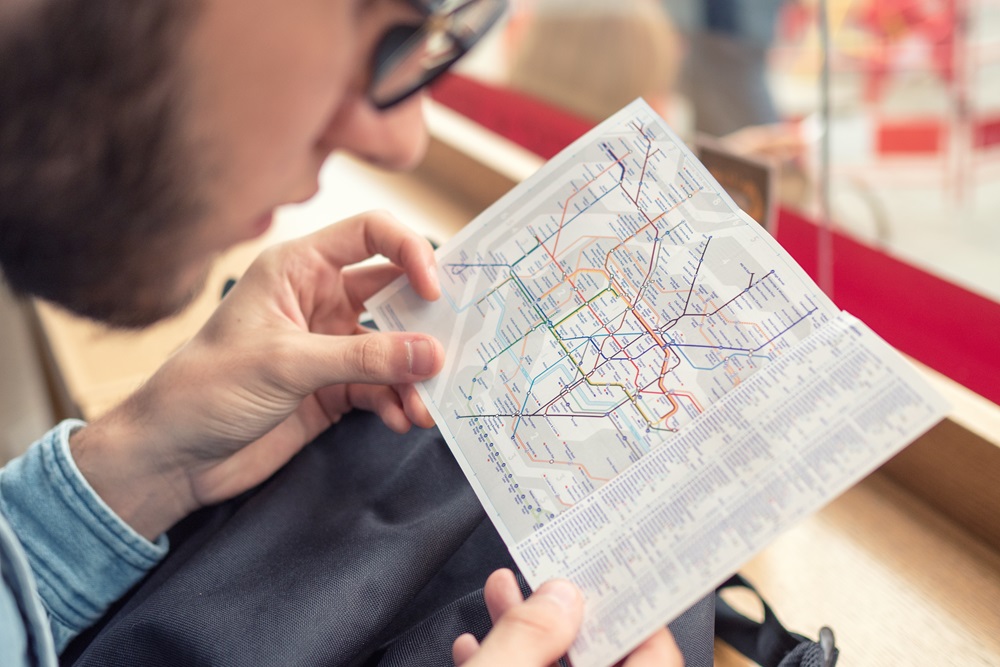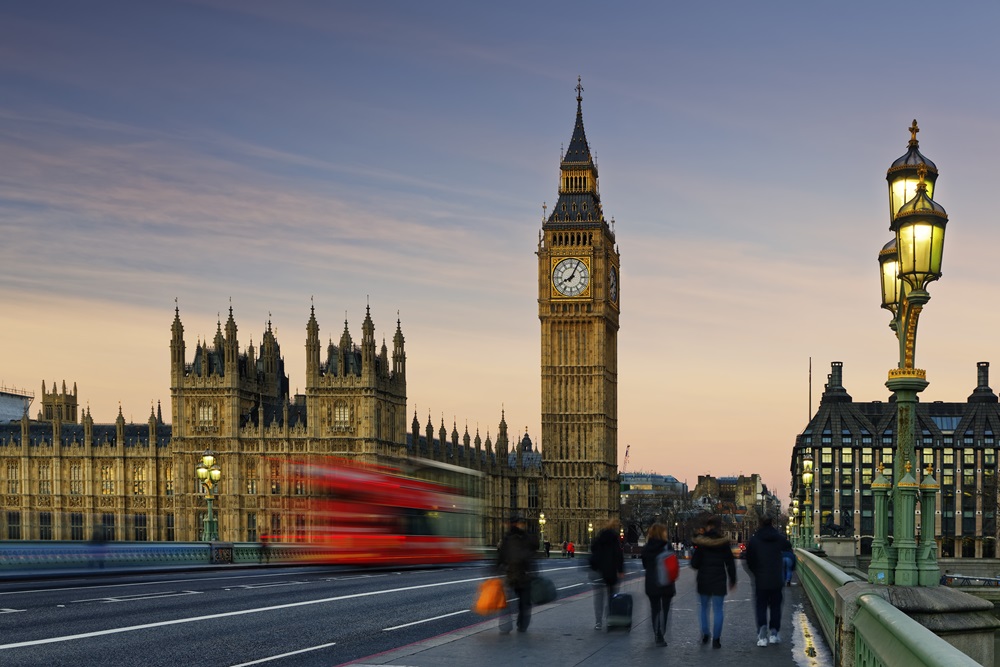This London City Guide is designed to equip business travelers with everything you need to know to ace your next business trip to London. Did you know the name “London” dates back to the Romans, who named the city Londinium when they established a settlement in AD 43? London is also home to the oldest subway in the world with the London Underground being opened in 1863 for locomotive trains and electric trains in 1890, making it the first metro system.
Since Brexit in 2020, traveling to the UK especially for European citizens is not as easy as it used to be. We’ll fill you in on some things to keep in mind from transportation, to where to stay and some etiquette, as well as where everything you need to know about the business districts.
Transportation to and around London
London is one of the most connected cities in Europe with six major airports: London City, London Gatwick, London Heathrow, London Luton, London Stansted and London Southend. Depending on where business takes you and where you’re staying within the city, you have a plethora of options for getting to London by flight.
Another option for those who are traveling from Europe and prefer train trips, you can hop on a Eurostar train with routes between the UK, France, Belgium, the Netherlands and Germany.
Once in London you can get around with tons of fast metro connections, with 11 lines that stretch around the capital, suburbs and beyond, including Bakerloo, Central, District, Hammersmith & City, Jubilee, Metropolitan, Northern, Piccadilly, Victoria, and Waterloo & City. With the London tube it’s quick and easy to get around on your business trip.

fun fact
Black cabs are an important part of London culture. They know every single street in London, which is why the training takes anywhere from 2 to 4 years to become a black cab driver.
London business districts
London is without a doubt an important hub for business and commerce. It’s home to many high-growth start-us and big multinational companies, and is home to the UK’s financial sector.
London City Area
In London City you will find not only 90% of small and medium sized enterprises, but also many of the top financial companies, and important businesses. This area is well-connected by many metro lines and by National Rail at Liverpool Street.

Midtown and King’s Cross
Midtown is a relatively new business district, located between the City and the West End. It’s become a popular spot to do business because it’s connected easily to nearly all areas in London with the Northern, Victoria, Piccadilly, Central and Elizabeth lines serving this area. You will find all kinds of businesses in this area from diverse sectors.
King’s Cross is part of Midtown, and is one of the fastest growing business districts in the capital, home to Google, Facebook and Sony Music.
The West End
The West End is home to cultural destinations, but also home to businesses from different sectors from finance to tech and creative start-ups.

Where to stay on a business trip in London
We’ve looked at the different business areas, now let’s break down the ideal neighbourhoods to stay in.
Southwark is a good option if you want to be within walking distance of the city of London but away from the noise. Shoreditch, located in central and East London is a former working class area that has become a popular place to stay for travelers and also where many startups and companies have their headquarters.
Perhaps one of the most convenient destinations to stay in London, closer to attractions and one of the most important business areas is the City of London. Not only will you be close to attractions like the Tower of London and St. Pauls’s Cathedral, but you will also have a range of accommodation options. Chelsea is another great option for accommodations in London for business travelers, home to many corporate headquarters being one of London’s prime business districts.
Business etiquette in the UK
If you’re doing business in the UK, remember timeliness is fundamental. Make it a point to arrive a few minutes early for meetings and appointments. It’s important to be polite, have good manners and respect people’s personal space. Brits tend to be quite reserved, preferring an indirect communication style. Read between the lines and pay attention to subtle cues. Attire should be formal and lean towards conservative, especially when dealing with industries such as finance, investments, professional services and food and beverage.
Approach your meetings with a professional demeanor and ensure you give a firm handshake and maintain eye contact, addressing those you’re meeting with proper titles and last names. Be prepared to engage in small talk, as Brits love to talk about the weather.

Learn more
Get your documents in order
To travel to the UK remember you need a valid passport, and starting from April 2025 international visitors who do not need a visa will need to apply for an Electronic Travel Authorization (ETA) before traveling to the UK. It costs £10 per applicant and for visitors staying up to six months for business and tourism.
5 Key points Business travel London City Guide
Need help planning your trip? Find out what GetGoing can do for you!

